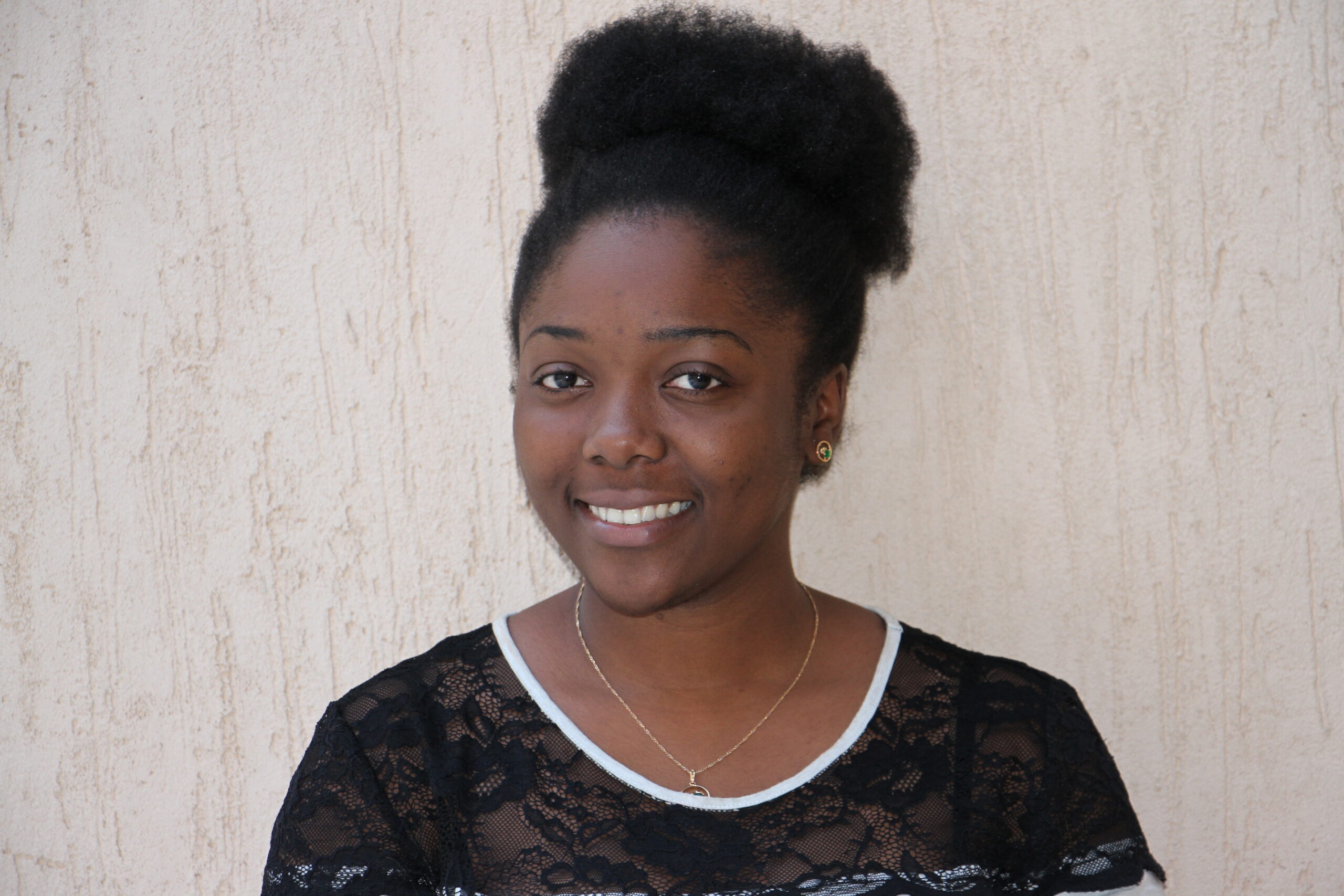“Promotion of good governance and enhancing citizen participation goes beyond the government sector and includes all relevant actors from the private sector and society, not forgetting the smallest unit ‘The family’”
Citizen participation, in addition to being an important pillar of governance, is a civil and political right enshrined in the international architecture of human rights. Indeed, it offers citizens a framework for learning democratic principles and public debate in order to satisfy the general interest.
However, I think that the practice of the right to participation poses a number of challenges in Africa. Despite the efforts already invested in terms of democracy and good governance around the continent, the low level of inclusion of young people and women in decision-making processes at the local, national and international levels is a challenge that remains vital and needs urgent address. Youth are the leaders, the teachers and the parents of tomorrow, but also they ought to start today. To be good leaders, good parents or teachers, they require a minimum array of knowledge, skills and positive attitudes towards peace and development. Therefore, as the core agent of primary socialization, how can the family be a center for the acquisition of democratic and good governance values in Africa?
Through dialogue and inclusion, the family can become the place of promoting tolerance, respect for institutions, accountability, and freedom of speech, with full respect for human rights and civic responsibility. In such a context, parents have their roles derived from divine and cultural sources, but also recognized by law. However, children should not be taken as passive actors in their own education processes, if we want to produce citizens who understand their role in the society as well as their duty to participate in its management. In fact, children are not empty casks to be filled. They have skills that must be detected, and a personality that must be analyzed and sometimes channeled.
The participatory family education is therefore, an inclusive educational model and a catalyst for democratic values within families that aims to empower children and young African citizens in order to eliminate the saying “I choose my school discipline, my job or my spouse because of my parents and not by personal conviction or passion”.
Finally, recognizing the role of the family as the channel of social values transmission where individuals are called to learn and exercise participation and democratic principles is a condition for making democratic and good governance values a reality in the African context. For that reason, States, Civil Society Organizations and parents should emphasize more on promoting children-centered education mechanisms in order to enhance the creation of critically minded young people who are aware of the need to engage themselves in both the politics and peacebuilding processes within their communities.
Larisa Whego is a Cameroonian, currently on an internship at NAR with the Great Lakes Program.


